Just like a garden, musical skills require regular care, exploration, and growth to flourish. There are various aspects to nurturing our students musical abilities, from preparing the soil to sustaining long-term growth. Each step is an important one as we teach our students to tend to their musical garden.

Preparing the Soil: Setting the Right Foundation

Just as a strong foundation is crucial for a thriving garden, having a solid musical foundation is essential for growth as a musician. Investing time in understanding music fundamentals is essential. There are so many resources available at our fingertips that make this easy!
Planting Seeds: Exploring Different Genres and Styles
Just as a garden is enriched with a variety of plants, your students musical garden can thrive by experiencing different genres and styles. Don’t limit yourself to teaching a single type of music or style. Instead, explore the vast musical landscape and discover new horizons. Whether it’s classical, jazz, rock, pop or folk, each genre has something unique to offer.
To start your journey, consider genres that align with your students interests. If they love classical music, explore the works of famous composers like Bach, Mozart, or Beethoven. But don’t be afraid to also explore the works of unfamiliar composers as well. Thankfully, composers like Florence Price are starting to be made known. We have a lot of power when it comes to introducing a variety of musical works to our students. If they are into jazz, dive into the mesmerizing improvisations of artists like Miles Davis or Ella Fitzgerald. By exposing students to diverse music, they will gain inspiration and broaden their musical palette.
If you don’t feel comfortable teaching a particular genre or style a student is interested in, there are ways to still encourage them to explore. Recommend a teacher who specializes in that particular style, explore online, etc… But don’t be afraid to also learn alongside them. Let them know that while that style is not your strong suit, you are willing to learn too!
Watering with Practice: Developing Skills

Just as plants need regular watering to grow, our students musical skills require consistent practice to flourish. While practicing is such an important part of growing as a musician, most students don’t truly understand HOW they should practice. Every few years, I like to take the time and hold a practice workshop with my students, so they have hands-on experience and understanding. In addition, each year we work together and set specific goals, many times using S.M.A.R.T. goals or choosing one word to inspire.
Additionally, musical exercises can help develop specific technical skills, such as finger dexterity, breath control, and proper playing technique. Remember, practice is not just about repetition but about practicing with intention and attention to detail.
Fertilizing with Knowledge: Learning Music Theory
Just as fertilizing provides essential nutrients for plants, learning music theory nourishes our students musical growth. While not everyone enjoys the theoretical aspects of music, understanding music theory can greatly enhance your musical abilities and open up new avenues of creativity.
When I was a student, music theory was my least favorite time in a lesson. Early in my teaching profession, my students would have their weekly home theory assignment. I’m sure you are not surprised when I share that most of the time theory homework didn’t get done. They were bored, I was bored. Now I use theory as part of the music learning experience. We do this through their music itself as we learn a new piece and through fun games and activities.
Pruning and Shaping: Refining Performance Skills

As a gardener prunes and shapes plants to enhance their growth, refining our performance skills can help become a well-rounded musician. Beyond technical proficiency, consider aspects such as stage presence, interpretation, and expression.
There are many ways for students to practice performing and receive guidance in their performance skills. Masterclasses, mock performances, rehearsals before a recital, performance parties, performing in front of stuffed animals, and recording to gain more self-awareness.
When students don’t have the opportunity to perform often for others, performance anxiety tends to be stronger. Providing plenty of performance opportunities in different environments will allow students to feel more comfortable and willing.
Harvesting Inspiration: Finding Creative Spark
Just as a garden thrives on inspiration, finding sources of inspiration is vital for our musical journey. When facing challenges or creative blocks, it’s important to stay motivated and inspired.
Encourage students to seek out inspiration from a variety of sources. Attend concerts, watch live performances, or listen to recordings of musicians they admire. Encourage them to join local bands, orchestras, or jam sessions. Hold group lessons and camps, so students can have collaborating experiences that spark creativity.
Encourage creativity by providing creative experiences during their lessons. Music brain breaks can be an easy way to encourage creative moments.
Maintaining Your Garden: Sustaining Long-Term Growth

As with any garden, sustaining long-term growth requires consistent effort and dedication. We can help students avoid burnout by finding a balance between practice and other aspects of their life. Help them set realistic goals that allow for gradual progress and celebrate milestones along the way. Remember, it’s a journey, not a race.
To maintain motivation, find ways to keep things fresh and exciting. Experiment with different playing techniques, explore new music, improvise, compose and try new skills. Continuously challenge your students. Don’t be afraid of pushing them beyond their comfort zone to unlock new levels of creativity and growth. There is no growth in comfort zones. The beauty is in the stretching moments.
Conclusion
Just like a garden, our students musical skills will continue to flourish with care and commitment. Teach them to keep tending to their musical garden, so their musical journey can be filled with joy, growth, and beautiful possibilities!
PIN FOR LATER








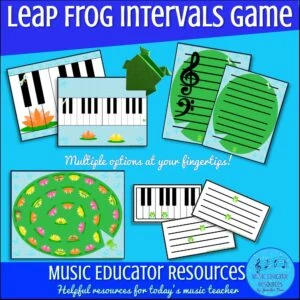
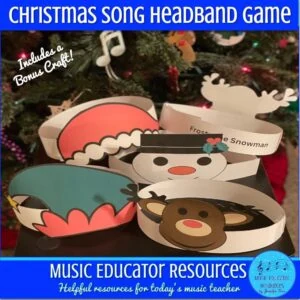
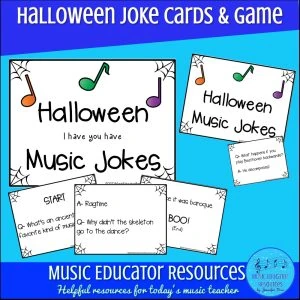
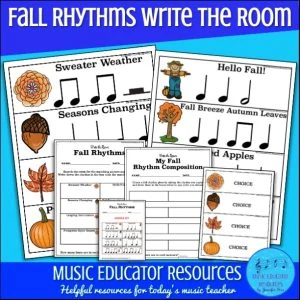
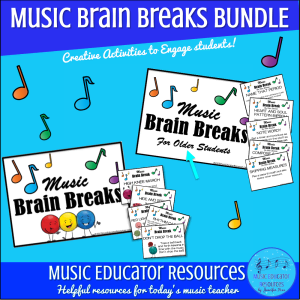

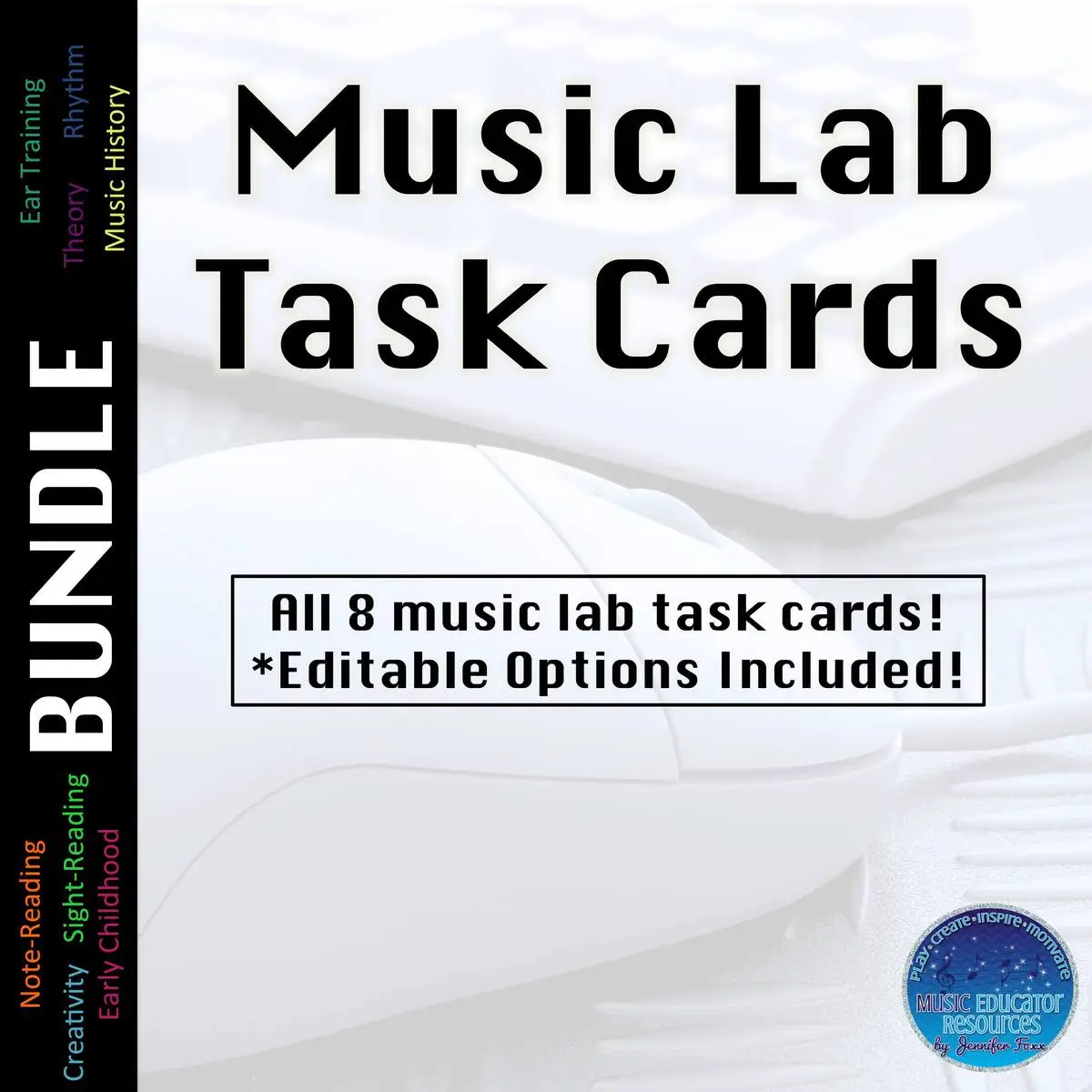



0 Comments